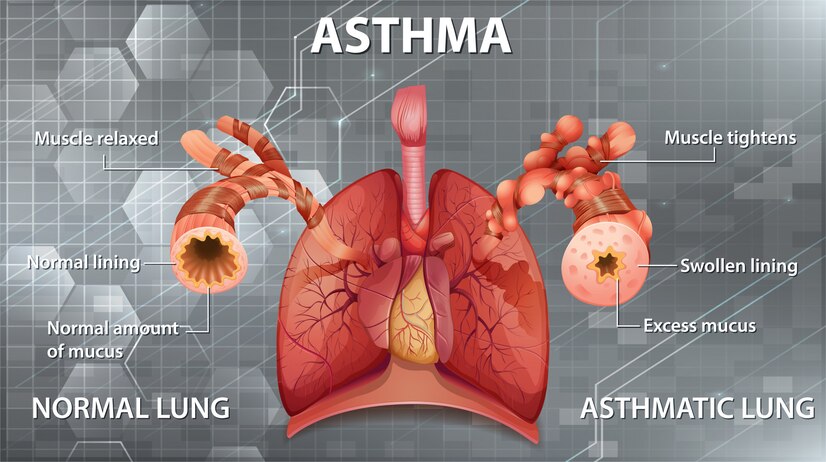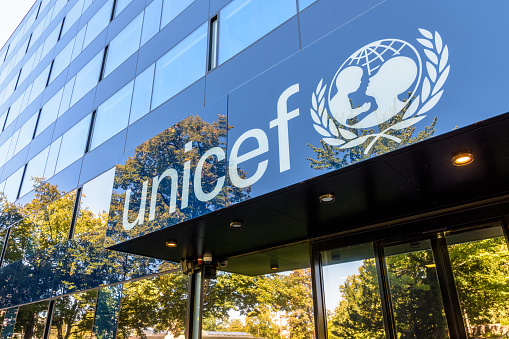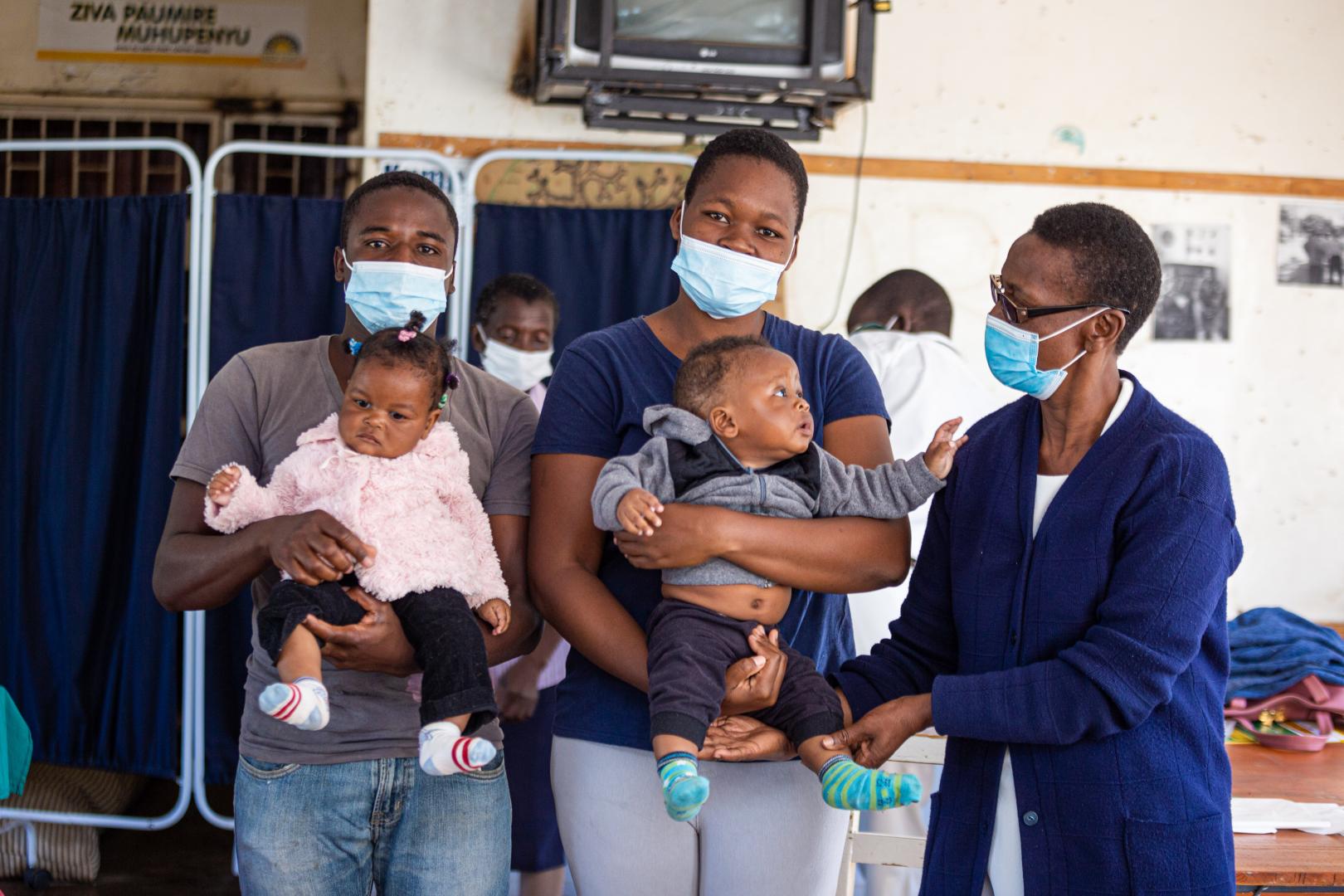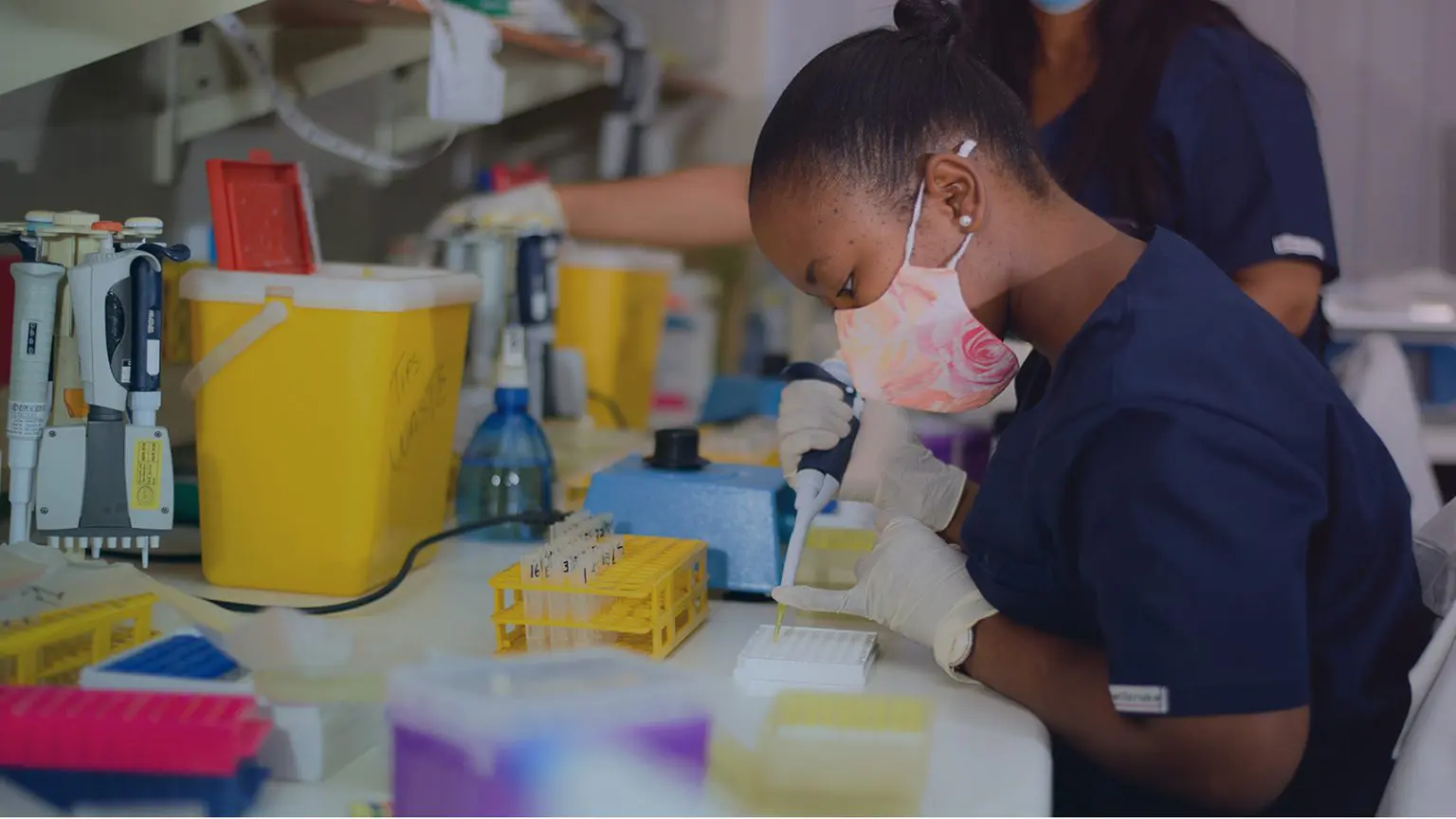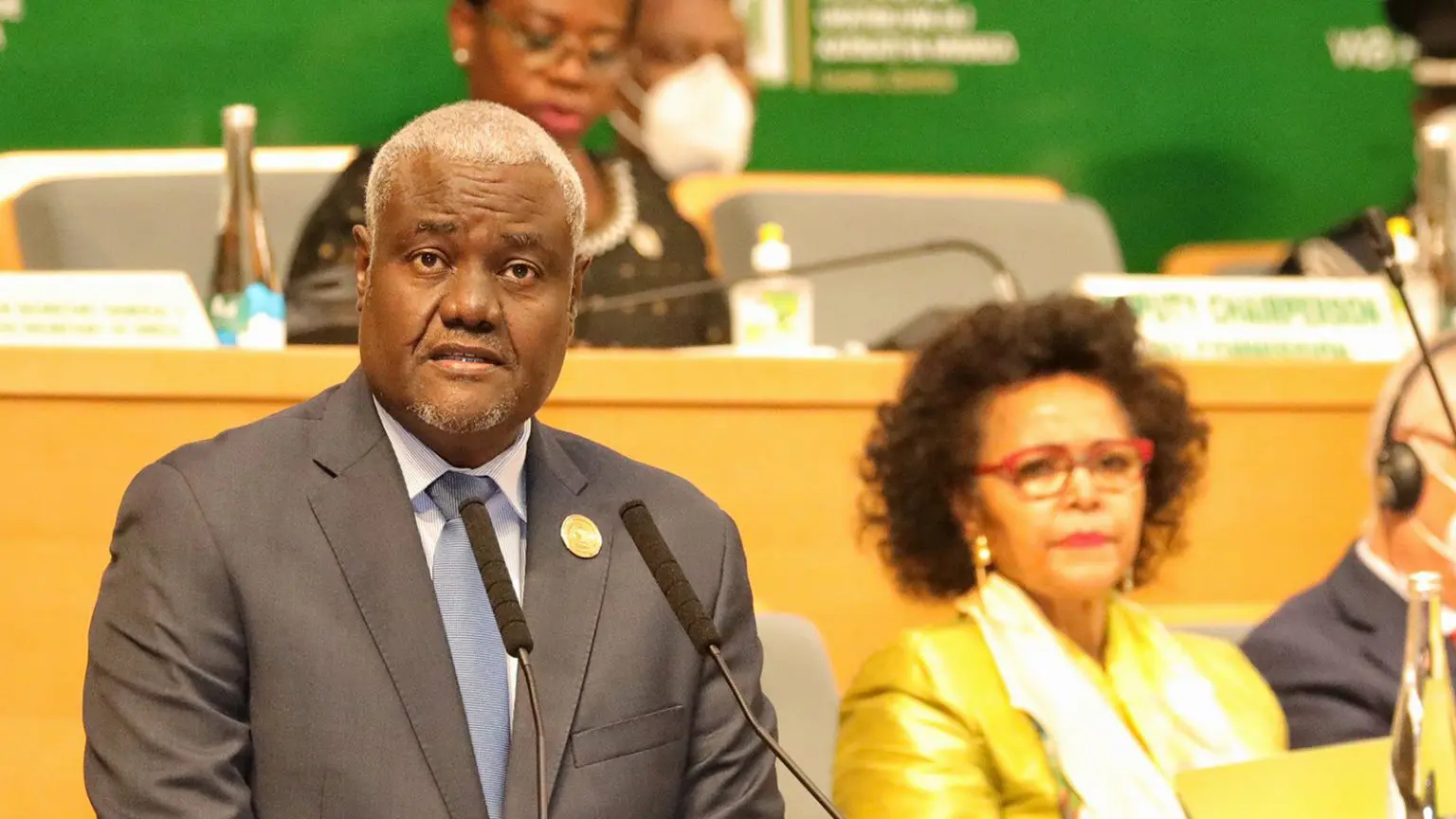Ugandans to benefit from Pfizer’s expanded access to medicines and vaccines
Pfizer, a leading global pharmaceutical company, has announced that it has significantly expanded its commitment to offer the full portfolio of medicines and vaccines to lower-income countries through its An Accord for a Healthier World initiative.
Uganda is proud to be among the five initial launch countries where Pfizer is working closely with the government and local health experts to identify how the Accord can most effectively support national health goals and impact patient lives in our country.
This transformative initiative is focused on greatly reducing health inequities that exist between many lower-income countries like Uganda and the rest of the world. Since its launch in May 2022, Pfizer has committed to providing access to all its patented medicines and vaccines available in the U.S. or European Union on a not-for-profit basis.
This means that Ugandans will have access to a broader and more immediate scope of consistent, high-quality products that can help improve the health and well-being of our citizens.
Pfizer has listened and understood the specific health needs of Uganda to identify how the Accord can most effectively support our national health goals.
In collaboration with the Ministry of Health, Pfizer has provided professional healthcare education and training to support the delivery of the medicines and vaccines, and in November, Pfizer deployed its first Global Health Team to Uganda to help identify opportunities for long-term supply chain optimization.
This expansion of Pfizer’s product offering, combined with continued efforts to help address the barriers that limit or prevent access, will help us achieve and even expedite our vision of a world where all Ugandans have access to the medicines and vaccines they need to live longer and healthier lives.

